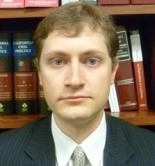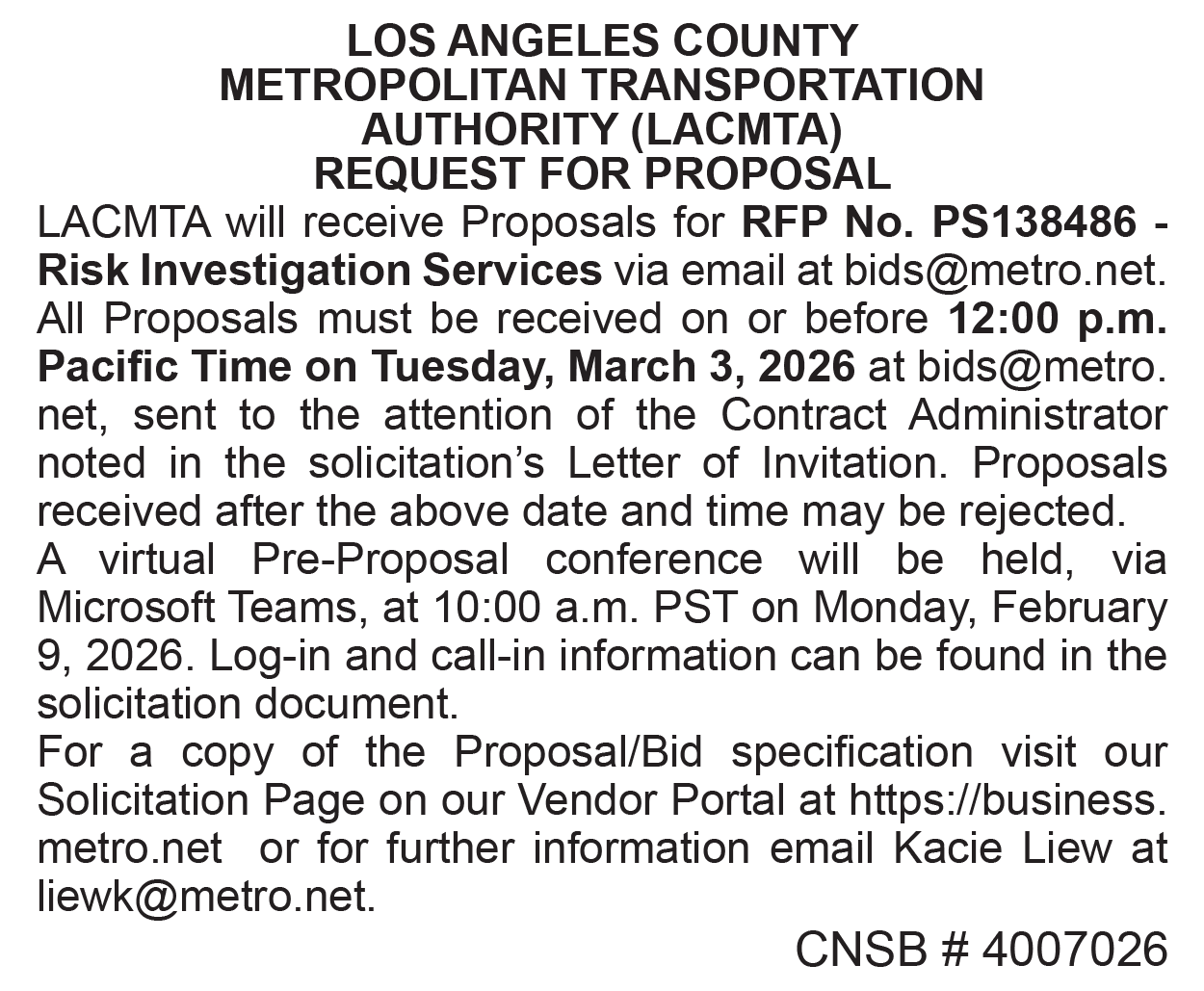Grinberg: Section 31.7 Bypassed With Order for Additional Panel
Tuesday, November 30, 2021 | 0
I bring to your attention, or what I can capture of it between bites of Turkey leftovers, the panel decision in the case of Gonzalez v. Central California Child Development Inc.

Gregory Grinberg
Applicant, a janitor, alleged an industrial injury to the right ankle. The orthopedic PQME was no longer available, so the workers' compensation judge ordered the parties to get a replacement in the same specialty.
Applicant sought reconsideration, however, arguing that there should be an order for an additional panel in the specialty of rheumatology to address applicant’s complex regional pain syndrome.
The original qualified medical evaluator died, so it was necessary to replace him via a new panel in the same specialty, orthopedic surgery. However, the Workers' Compensation Appeals Board did not find that the parties should first submit this matter to the new orthopedic QME to determine if there is CRPS and whether the orthopedic QME can address all issues.
From the panel opinion: “In this case, it appears that a second panel is warranted based on the record in order to promote an expeditious resolution of this case. Based on [the deceased QME’s] deposition, including the exhibits attached to it, a rheumatology panel will provide additional evidence on the causation of CRPS.”
The procedure for obtaining an additional panel in a different specialty, as would be the case with this second panel in rheumatology, can be found in 8 CCR Section 31.7. There, the guidance is to try to have the original agreed medical evaluator or QME resolve any new medical disputes (such as the existence and/or cause of CRPS) before obtaining a new panel. That hasn’t happened here.
The defendant was not able to complete discovery on an opinion regarding CRPS because of the doctor's death. Further, the new orthopedic PQME may be able to address the matter without defendant incurring the significant cost of an additional medical-legal evaluator.
Instead of expediting the resolution of a case, a second QME in a different specialty often grinds progress to a halt. As soon as discovery is complete with one QME, the opinions of the other are suddenly “stale” and the entire process must begin again. A party inclined to drag out a case and delay resolution certainly has ample opportunity to do so when there are two QMEs to comment on the claim.
If I were king of workers’ compensation, absent an agreement to the contrary, the parties would have to go through the process outlined in Section 31.7 before the defendant is forced to incur the costs and delays of a second QME. But we are Americans and we tolerate no kings, so here we are instead.
Gregory Grinberg is managing partner of Gale, Sutow & Associates’ S.F. Bay South office and a certified specialist in workers’ compensation law. This post is reprinted with permission from Grinberg’s WCDefenseCA blog.







Comments